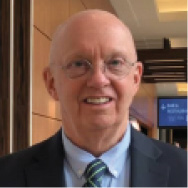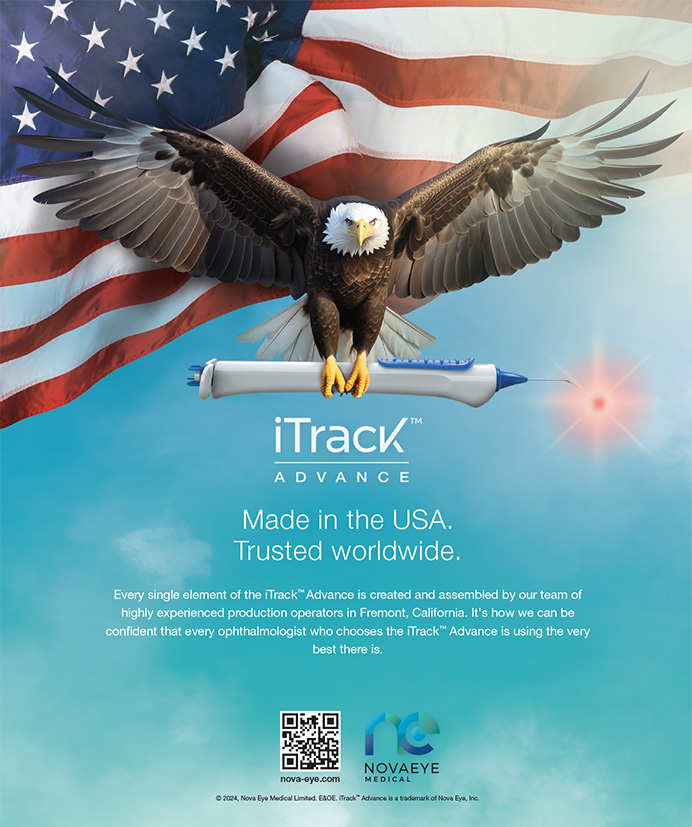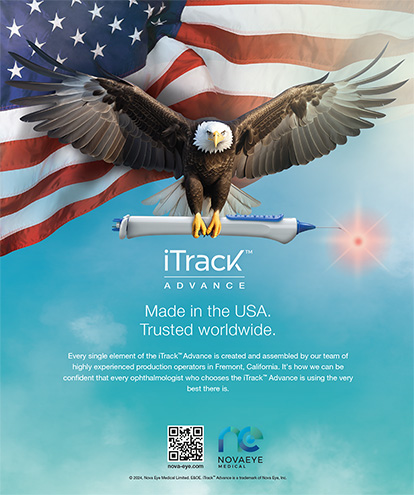
International ophthalmology can be divided into two vastly different approaches: teaching surgery and attending a cataract camp. Teaching other surgeons (ie, training the trainers) promotes sustainable care delivery, whereas simply doing a few surgery cases in another country has minimal lasting impact. Despite the differences between these two approaches, both include sharing your knowledge with colleagues and the act of skills transfer. The ideal structure is a partnership (ie, operating and seeing patients together). It is crucial for trainees to learn when to operate and when not to—not just how to operate. An emphasis on medical ethics, evidence-based medicine, preoperative evaluation, and postoperative care is essential. The relationships built, OR visits shared, and contact maintained via email promote lifelong learning.
APPROPRIATE TERMINOLOGY AND BEHAVIOR
I prefer the term international ophthalmology to medical mission. (I find the latter inappropriate.) Further, I consider proselytizing in exchange for surgery to be wrong because mixing medicine and religion is problematic. Lastly, international ophthalmology should have no political agenda.
There is a certain set of appropriate behaviors that I have gleaned from my experience with international ophthalmology (see International Ophthalmology Guidelines). I believe, when followed correctly, they allow one to make a purposeful impact on the patients and community in which one is working.
International Ophthalmology Guidelines
- No. 1: Cultural sensitivity is essential to effective teaching. To me, the term mentoring sounds chauvinistic. I find information sharing offers a much better description of the optimal approach to international ophthalmology efforts. Never use the term Third World country. Who are you to rank countries?
- No. 2: Photo ops for the purpose of practice building at home are a highly inappropriate objective. International ophthalmology is not about you. Watch your ego and respect your colleagues.
- No. 3: Do not shop. It sends a “rich country” message. International ophthalmology is not about souvenirs.
- No. 4: Do not combine the trip with a vacation. Emphasize that you are there to share ideas, teach, and help—not relax. Only go sightseeing if the host doctors are proud of their country and culture and insist that you visit historic landmarks with them.
- No. 5: Always tell the host doctors no gifts before going. Their money should be spent on surgical equipment, not you.
- No. 6: Do not drink too much. In my view, it is better not to drink alcohol at all. Never engage in inappropriate relationships with physicians, nurses, or staff.
- No. 7: Avoid extreme surgery. Demonstrate mainstream, moderately difficult surgery and do not show off. Use the host team and equipment. If you bring technology that your host cannot afford, the message may be, “You could do this, too, if yours were a rich country.”
- No. 8: Understand the fundamental difference between training the trainers and doing some cases in a country where millions of people need surgery. Teaching the teachers is sustainable. Bring one scrub technician only if absolutely necessary. A better strategy is to train the host OR staff. Train doctors who perform many surgeries and teach. Watch out for surgeons who want to use your name for marketing purposes or for their political agenda.
- No. 9: Share your knowledge. Don’t hoard your talks. Instead, give out copies on a USB drive. Bring handouts, books, and other educational materials for hosts. Bringing medical supplies may cause problems with customs officials and medical regulatory bodies.
COST-EFFICIENCY
Labor costs are approximately 70% of the cost of surgery in any country. Slow surgery wastes money. Presurgical planning is therefore crucial to avoiding waste and delayed operations.
Inexpensive equipment is a false economy. What is truly essential is reliability. Disposable equipment can provide consistent performance and save money on labor costs for cleaning, sterilization, storage, and retrieval. The costs of backup tools and instrument repair are eliminated as well. Disposables can also prevent sterile inflammation; the transmission of hepatitis, human immunodeficiency virus, and transmissible spongiform encephalopathies/bovine spongiform encephalopathy; bacterial endophthalmitis; and toxic anterior segment syndrome.
Be able to set up and operate all equipment, including the microscope and video system, without help from technicians or nurses. This teaches trainees optimal use, expedites surgery, and avoids sending an elitist message. Work with companies to facilitate access to higher-quality equipment for the hosts, preferably at a reasonable cost.
MY EXPERIENCE
I have delivered lectures in 51 countries over the past 46 years. In the past 3 years, I have delivered about 25 Orbis Cybersight and Zoom lectures annually for international audiences. I have also recorded 20 lectures for the Alcon Experience Academy and five for Eyetube.net.
The sixth edition of my textbook, Vitreous Microsurgery, was released in September.1 I paid for the 3D graphics myself and waived a royalty fee, as I did for all previous editions, to help make the book more affordable to surgeons in developing countries.
I have been involved with the Orbis Flying Eye Hospital for more than 30 years. I find this organization’s teaching model to be highly effective. I have been fortune to operate on all three generations of the Flying Eye Hospital—DC-8, DC-10-10, and MD-10-30. Additionally, I am on the board of the ASCRS Foundation. This organization funded the Robert Sinskey Eye Institute in Addis Ababa, Ethiopia.
Many of my teaching trips have been arranged and hosted by leading vitreoretinal surgeons and their organizations rather than by a US entity. I have learned something useful to my practice on each of my numerous teaching trips to 25 countries.
1. Charles S, Huddleston S, Wood B. Vitreous Microsurgery. 6th ed. Wolters Kluwer Health; 2021.




